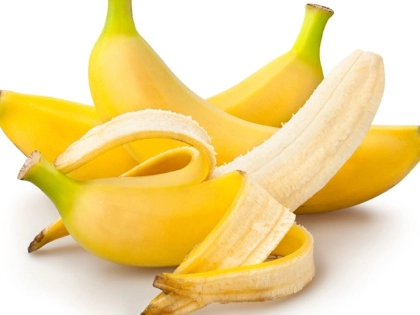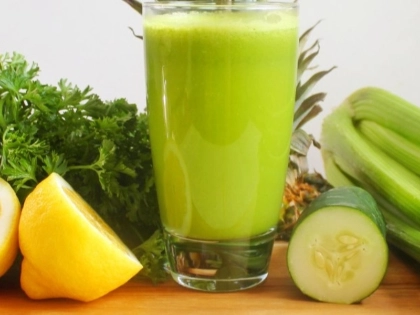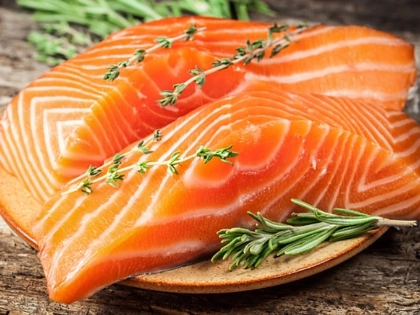Lower Blood Sugar With Cucumber and Celery For Diabetics
In addition to being low in calories, cucumbers are a nutrient-dense fruit that is packed with antioxidants, vitamins, and minerals that can help fight diabetes and keep our bodies hydrated. Cucumbers may also enhance liver health and reduce cholesterol. Cucumber extracts may help reduce blood sugar in animals, according to early studies; however, further human study is required to confirm this benefit. Nonetheless, nonstarchy veggies should still be a part of a balanced diet.
There are few carbs in cucumbers.
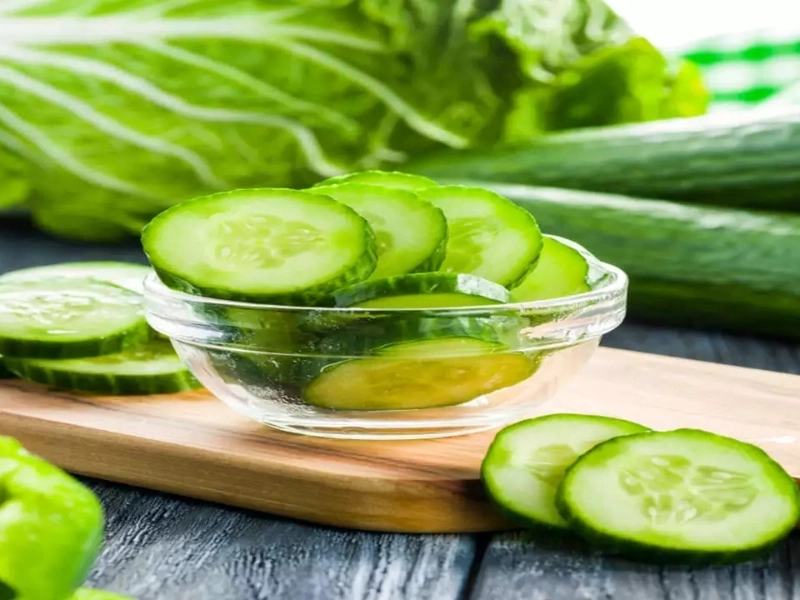
They are abundant in antioxidants.
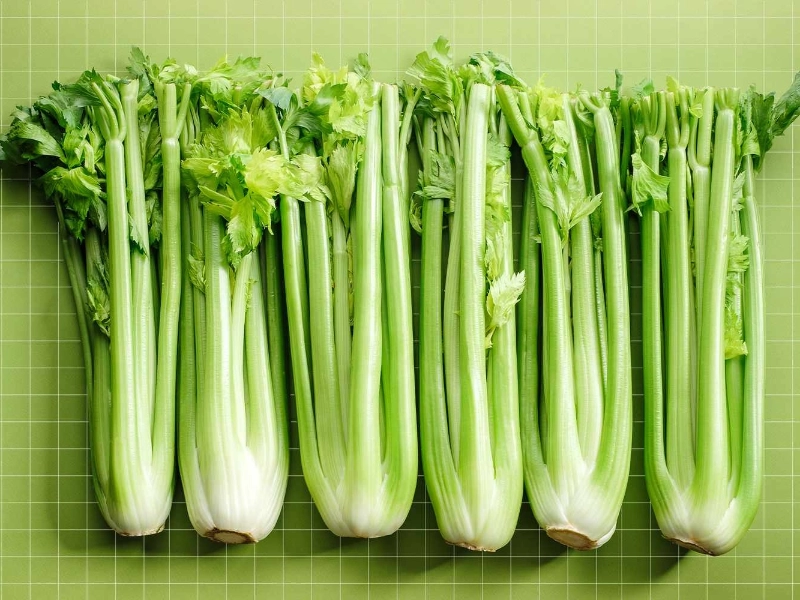 In addition to being high in antioxidants and calcium, celery is also high in water. It has also been demonstrated to reduce blood sugar, cholesterol, inflammation, and blood pressure. To retain the majority of its vital vitamins and minerals, celery can be easily added to salads or cooked for a few minutes.
Some people's diabetes has been demonstrated to reverse with diets high in non-starchy veggies. Diabetes cannot be cured by diet and exercise alone, but diabetics can control their condition more effectively by following a healthy diet and getting regular exercise.
An excellent source of low-carb fiber that helps improve digestion and prevent blood sugar spikes is celery. More studies are required, although apigenin has been connected to better glucose metabolism in both people and animals. Celery also has minor levels of soluble and insoluble fiber, vitamin C, and folate.
In addition to being high in antioxidants and calcium, celery is also high in water. It has also been demonstrated to reduce blood sugar, cholesterol, inflammation, and blood pressure. To retain the majority of its vital vitamins and minerals, celery can be easily added to salads or cooked for a few minutes.
Some people's diabetes has been demonstrated to reverse with diets high in non-starchy veggies. Diabetes cannot be cured by diet and exercise alone, but diabetics can control their condition more effectively by following a healthy diet and getting regular exercise.
An excellent source of low-carb fiber that helps improve digestion and prevent blood sugar spikes is celery. More studies are required, although apigenin has been connected to better glucose metabolism in both people and animals. Celery also has minor levels of soluble and insoluble fiber, vitamin C, and folate.
They have a lot of water.
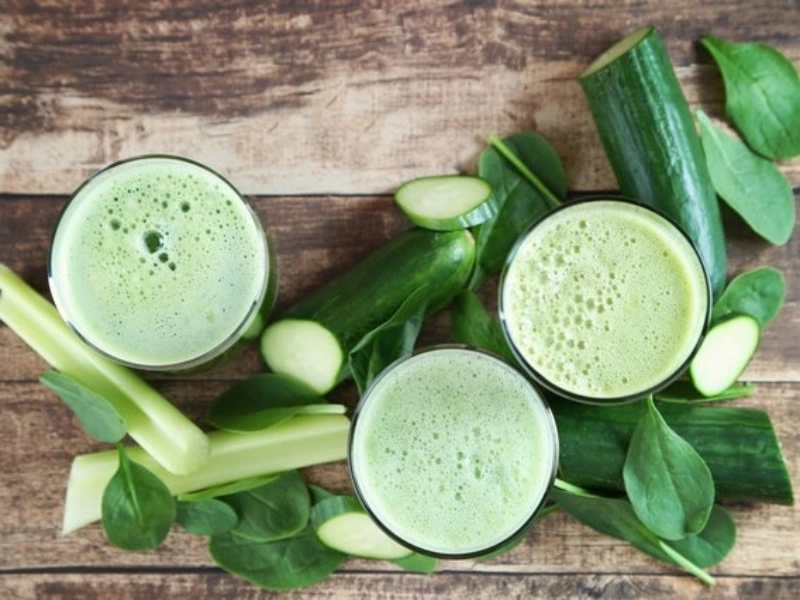 Because of its high water content, cucumbers can help diabetics better control their blood sugar levels. They're low in calories and brimming with vital vitamins that can help stifle cravings and hunger in between meals and potentially reduce oxidative damage. Including them in your diet also helps you avoid sugar-filled beverages like soda and adds interest to your meals.
Additionally, cucumbers are a great source of calcium, which is necessary for strong bones. Cucumbers also contain molybdenum, which is essential for maintaining intestinal health and managing blood sugar levels, among other things.
Vitamin C, potassium, magnesium, vitamin K, B vitamins, and fiber—which is necessary for a healthy digestive system—as well as potent anti-inflammatory qualities may all be found in abundance in cucumbers. Cucumbers can be consumed in their raw form, as well as incorporated to salads, drinks, and smoothies.
Because of its high water content, cucumbers can help diabetics better control their blood sugar levels. They're low in calories and brimming with vital vitamins that can help stifle cravings and hunger in between meals and potentially reduce oxidative damage. Including them in your diet also helps you avoid sugar-filled beverages like soda and adds interest to your meals.
Additionally, cucumbers are a great source of calcium, which is necessary for strong bones. Cucumbers also contain molybdenum, which is essential for maintaining intestinal health and managing blood sugar levels, among other things.
Vitamin C, potassium, magnesium, vitamin K, B vitamins, and fiber—which is necessary for a healthy digestive system—as well as potent anti-inflammatory qualities may all be found in abundance in cucumbers. Cucumbers can be consumed in their raw form, as well as incorporated to salads, drinks, and smoothies.
They don't have many calories.
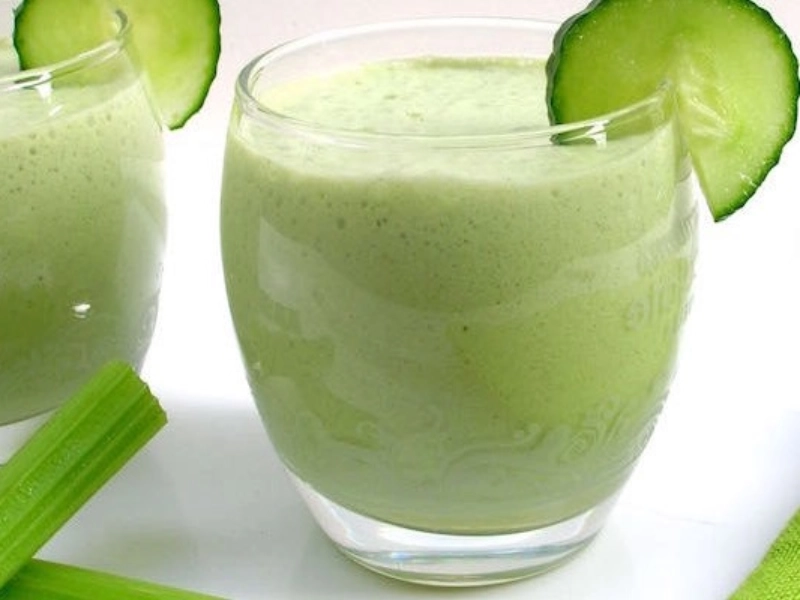 In addition to being low in calories, cucumbers are a great source of important nutrients that support general health. Cucumbers not only offer vital hydration benefits, but they also contain vitamins, minerals, and fiber. Being high in potassium, they may even help diabetics better control their blood sugar levels. However, cucumbers cannot treat diabetes; individuals seeking treatment should speak with a doctor or nurse regarding diet and treatment options.
Cucumbers are one of the few nonstarchy vegetables with a low glycemic index and few carbs that people with diabetes should choose. Because of its potassium-rich content, which aids in correct neuron firing and muscular contraction during physical activity, cucumbers make a great pre-workout snack or between-meal snack.
Consuming cabbage might also aid diabetics in properly controlling their blood sugar levels. While providing important advantages including potassium, vitamin C, folate, and nutritional fiber, cabbage is low in sugar and carbs. Eating a variety of veggies every day is vital for maximum health, especially ones that are low in carbohydrates and sugar.
In addition to being low in calories, cucumbers are a great source of important nutrients that support general health. Cucumbers not only offer vital hydration benefits, but they also contain vitamins, minerals, and fiber. Being high in potassium, they may even help diabetics better control their blood sugar levels. However, cucumbers cannot treat diabetes; individuals seeking treatment should speak with a doctor or nurse regarding diet and treatment options.
Cucumbers are one of the few nonstarchy vegetables with a low glycemic index and few carbs that people with diabetes should choose. Because of its potassium-rich content, which aids in correct neuron firing and muscular contraction during physical activity, cucumbers make a great pre-workout snack or between-meal snack.
Consuming cabbage might also aid diabetics in properly controlling their blood sugar levels. While providing important advantages including potassium, vitamin C, folate, and nutritional fiber, cabbage is low in sugar and carbs. Eating a variety of veggies every day is vital for maximum health, especially ones that are low in carbohydrates and sugar.

